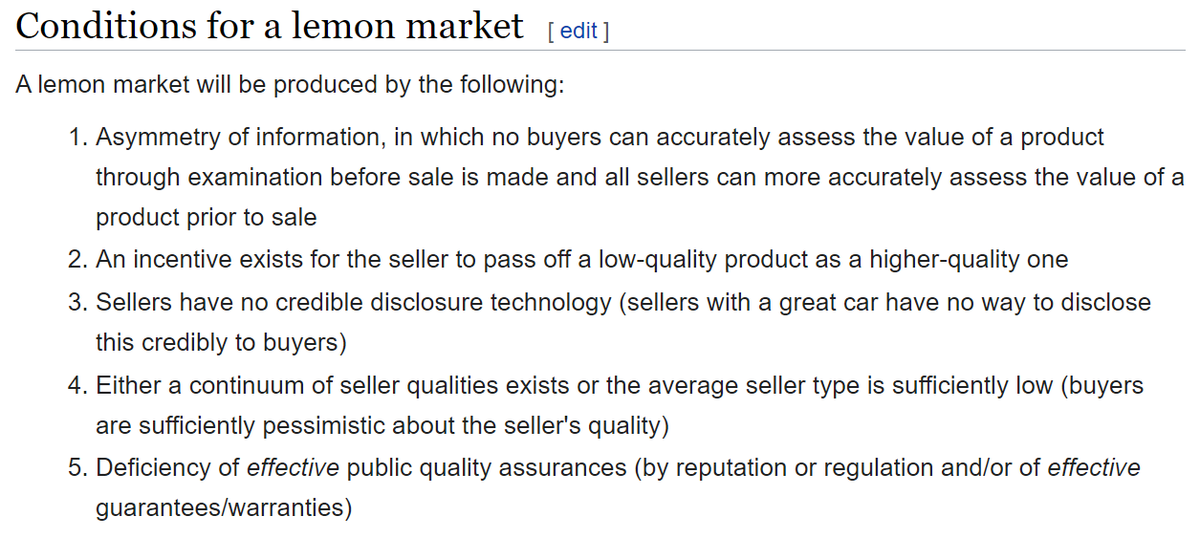
So I looked in this.
Committing crimes like arson won't get your license suspended.
It's ethics violations like lying to the court that gets your license revoked.
The court cited numerous clearly false statements by Giuliani claiming election fraud.
Committing crimes like arson won't get your license suspended.
It's ethics violations like lying to the court that gets your license revoked.
The court cited numerous clearly false statements by Giuliani claiming election fraud.
https://twitter.com/RudyGiuliani/status/1408176448284860425
Giuliani's defense is that he didn't know all those election fraud statements were lies. The court doesn't believe him. The breadth of his lies was so huge it wasn't difficult for the court to document them.
cnn.com/2021/06/24/pol…
cnn.com/2021/06/24/pol…
Note that these aren't things that people still disagree about, that some believe are true.
These are statements which the court proves are untrue, which even Giuliani admits were not true.
These are statements which the court proves are untrue, which even Giuliani admits were not true.
Moreover, Giuliani's casual association with the truth continues in the above tweet. The NY Bar Association had nothing to do with it. It's the NY state courts that suspended his license. I wouldn't know the difference, but I kinda think a practicing lawyer should.
• • •
Missing some Tweet in this thread? You can try to
force a refresh




